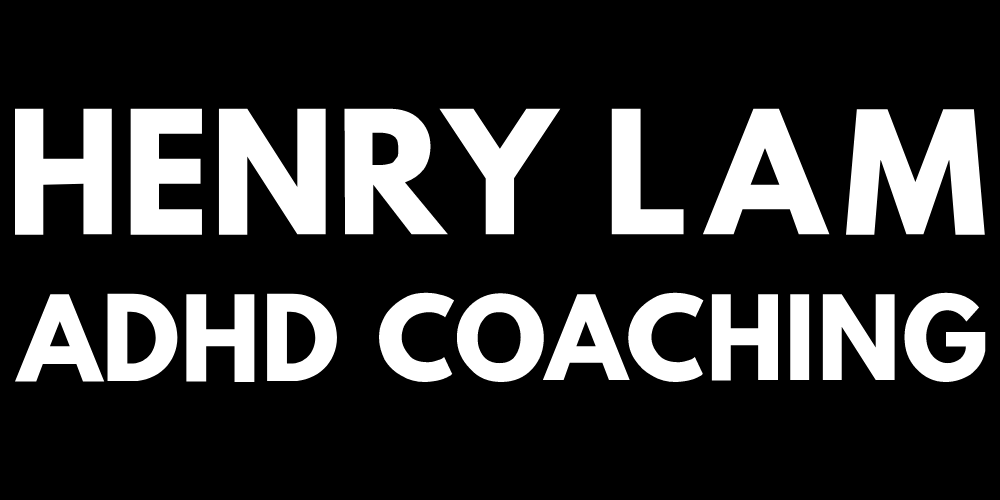ADHD and Studying Science: Strategies for Harnessing Hyperfocus and Creativity
By Henry Lam, ADHD Coach
Studying science with ADHD presents a unique set of challenges and opportunities. The detailed, often complex nature of scientific material requires sustained attention and methodical thinking—traits that might not come naturally to someone with ADHD. However, ADHD also brings unique strengths like hyperfocus and creativity that can significantly enhance the learning experience.
Leveraging ADHD Strengths in Science:
Hyperfocus: When interested, individuals with ADHD can experience periods of intense concentration known as hyperfocus. Science students can use this to their advantage by engaging deeply with topics that fascinate them, potentially leading to innovative insights and discoveries.
Creativity: ADHD often comes with creative thinking that can be a huge asset in scientific fields, which require innovation and problem-solving. Encouraging creative approaches to experiments or theoretical problems can open up new perspectives and solutions. Learn more about ADHD and creativity.
Effective Study Strategies for ADHD:
Structured Study Sessions: Implementing a structured approach to study times can help manage the typical distractibility associated with ADHD. Using techniques like the Pomodoro Technique, where study is broken down into intervals, can provide necessary breaks and reduce overwhelm.
Visual Aids and Interactive Learning: Visual learning tools, such as diagrams, videos, and hands-on experiments, are particularly beneficial for ADHD students. They make abstract concepts more concrete and easier to understand.
Study Groups and Collaborations: Working in groups can help keep ADHD students engaged and accountable. It also provides the opportunity to discuss and digest complex information through conversation, which can enhance understanding.
Navigating Challenges:
Dealing with Distractions: Finding a quiet and orderly study environment is crucial. This might mean studying in a library rather than at home, or using noise-cancelling headphones.
Time Management: Keeping a detailed calendar and setting reminders for assignments and exams can help manage the poor time perception often associated with ADHD. Effective time management strategies can be found here.
In summary, while ADHD can present challenges in the structured, detail-oriented world of science education, it also offers unique advantages that can enhance the learning experience. By harnessing their innate abilities such as hyperfocus and creativity, and by employing strategic study techniques tailored to their needs, students with ADHD can not only navigate but thrive in their scientific studies. Embracing these strengths and understanding their personal learning style are key to turning potential obstacles into opportunities for success and innovation. Remember, the unique perspective brought by ADHD can be a significant asset in the scientific community, contributing to diverse approaches and breakthroughs in the field. For comprehensive support and resources on managing ADHD, visit Coach Henry Lam’s global ADHD resources list.

